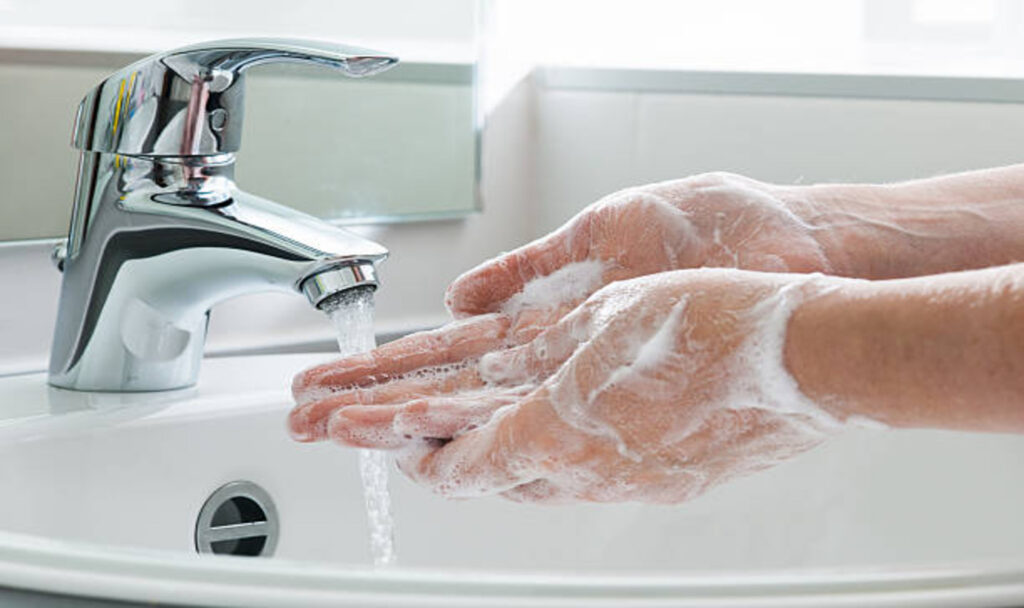Introduction:
In a rapidly evolving world, it is crucial to equip children with essential life skills that will benefit them throughout their lives. One such vital skill is maintaining good hygiene practices. Teaching children the importance of hygiene not only safeguards their health but also cultivates habits that promote well-being and cleanliness. By instilling these values early on, parents and educators play a crucial role in setting the stage for a healthier future generation.
Personal Hygiene:
Personal hygiene is the foundation of overall well-being. Teaching children to wash their hands regularly, brush their teeth, and take regular baths establishes the groundwork for cleanliness. Emphasizing the reasons behind these practices, such as preventing the spread of germs and maintaining a fresh appearance, helps children understand the importance of personal hygiene.
Disease Prevention:
Education about hygiene equips children with the knowledge to protect themselves from common diseases. Encouraging regular handwashing before meals, after using the restroom, and after playing outdoors reduces the risk of infections. Children should also learn to cover their mouths and noses while coughing or sneezing, fostering a habit of respiratory hygiene and preventing the spread of germs.
Food Hygiene:
Teaching children about food hygiene ensures they understand the significance of safe food practices. This includes washing fruits and vegetables, handling food with clean hands, and storing perishable items properly. Educating children about foodborne illnesses and the importance of clean cooking and eating environments helps them develop healthy habits that can prevent food-related illnesses.
Environmental Hygiene:
Children should be educated on the importance of keeping their surroundings clean. Instilling habits such as picking up after themselves, disposing of waste properly, and keeping their living spaces tidy fosters a sense of responsibility and respect for the environment. Additionally, teaching children about recycling and the benefits of a clean environment encourages them to be environmentally conscious citizens.
Personal Grooming:
Teaching children about personal grooming goes beyond hygiene; it also helps build self-esteem and confidence. Children should learn the importance of maintaining a neat appearance, including grooming their hair, trimming nails, and wearing clean clothes. Encouraging personal grooming habits from an early age helps children develop a positive self-image and prepares them for social interactions.
Conclusion:
Instilling good hygiene practices in children is a vital investment in their well-being and future. By teaching them about personal hygiene, disease prevention, food hygiene, environmental cleanliness, and personal grooming, parents and educators lay the groundwork for a healthier generation. These habits not only safeguard children’s physical health but also promote self-discipline, responsibility, and respect for themselves and others. By prioritizing hygiene education, we equip children with the tools they need to lead healthier, happier lives and contribute positively to society.
